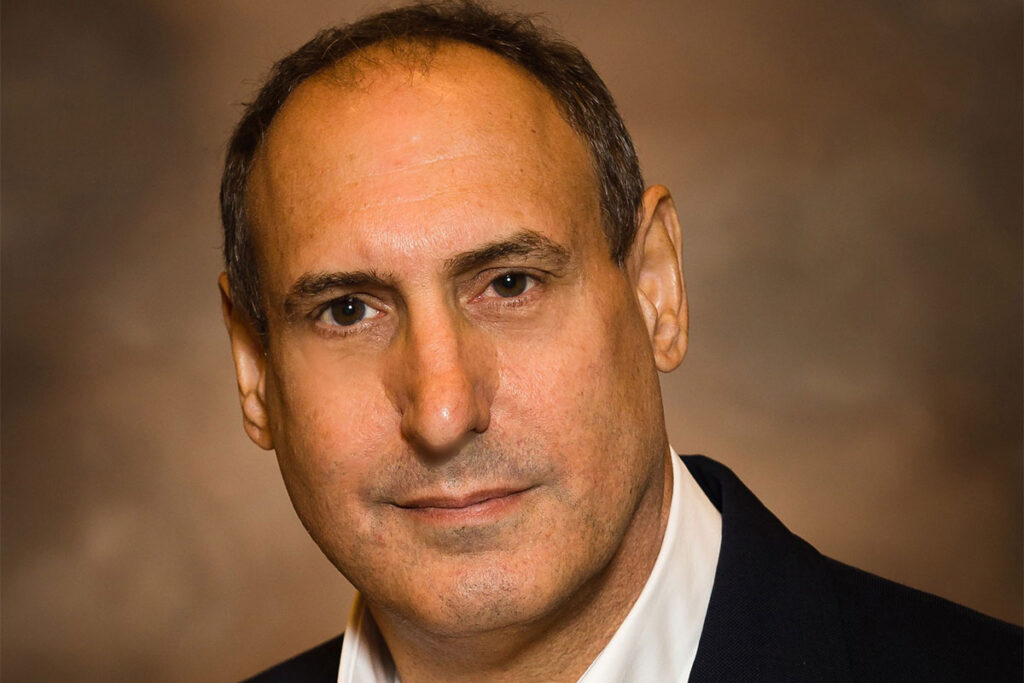Mississippians concerned they may have been exposed to Monkeypox should speak to their primary care provider about vaccination, with effective post-exposure vaccines available to individuals who meet certain criteria. At a Mississippi Department of Health press briefing late last week, State Epidemiologist Paul Byers stressed that, unlike many other vaccines, the Monkeypox vaccine is still protective in the days and weeks after exposure.
“This is a vaccine that is used primarily for post exposure prophylaxis,” he said. “If an individual has contact with Monkeypox, and they’re given that vaccine—especially within the first four days after contact—it can prevent the infection.” Individuals who have gone longer since their exposure can still benefit greatly from the vaccine, he added. “If it’s given within the first couple of weeks after contact, it can reduce potential symptoms that may occur.”
Any Mississippian who is concerned they have been exposed to Monkeypox or who is developing the early symptoms of the disease—fever, flu-like symptoms and rashes—should speak to their primary care provider.
“It’s important to isolate and stay away from your family and others in the house” before “going to see your doctor about getting tested,” Byers said.
Currently, Mississippi has 600 doses of Jynneos, a combination Monkeypox/Smallpox vaccine. Vaccination is a two-dose series meaning there is currently only enough to provide 300 people with post-exposure prophylaxis. The Centers for Disease Control have recorded four cases of Monkeypox in Mississippi thus far.
This extremely limited supply is the consequence of U.S. policy which allowed roughly 20 million doses of the vaccine to expire. The New York Times reported that an ongoing attempt to switch to a “freeze dried” version of the Smallpox-Monkeypox vaccine is the immediate reason why the expired doses were not replaced.
MSDH leadership declined to share the location of the individual who first tested positive for Monkeypox in the state, but Byers said that the state’s first confirmed patient had recently traveled out of Mississippi.
While the primary method of transmission remains sexual contact, especially among men who have sex with men, Byers said that other forms of transmission through close contact are possible.
“I don’t know the exact timeframe for how long it can exist on a towel, or on sheets or linens and those types of things. But there is a risk that transmission can occur from that,” he said. Byers added that other surfaces someone might have passing interactions with, like doorknobs or desktops, are even less likely to serve as transmission vectors.
Presently, experts disagree over the likelihood of Monkeypox transmission through aerosols. While broad consensus exists that airborne transmission of Monkeypox is not the primary method of transmission, the World Health Organization has warned that it may represent one potential vector.
Byers said that, while close contact does pose a risk of transmitting Monkeypox, any form of widespread transmission among children in school settings is highly unlikely. He said the threat to younger children is low even though they are more susceptible to severe cases.
“We’re not overly concerned that children are at a high risk for this infection. And we’re not concerned that we’re going to see transmission in school settings,” he said.
Though Monkeypox has received significant focus in recent days, coronavirus transmission also remains high. MSDH’s Tuesday report included 1,399 new cases of COVID-19. Long term care facility transmission also remains high, with 211 active outbreaks among facilities in the state.










